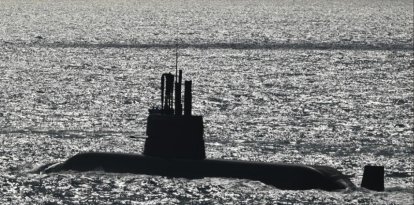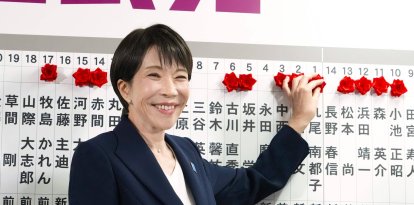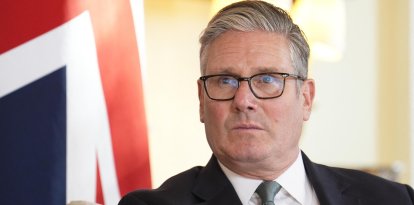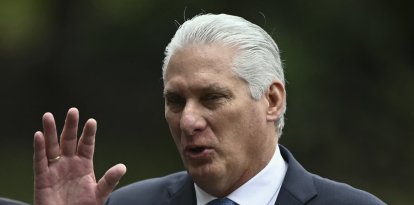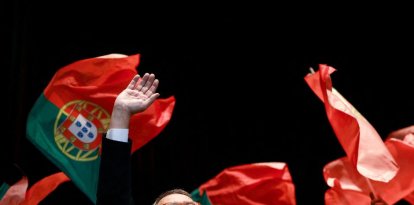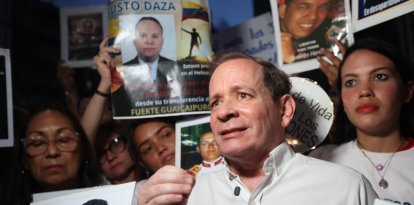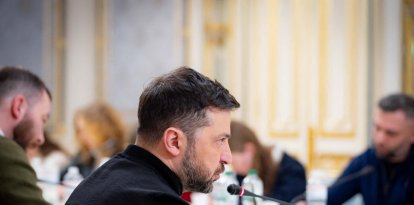Violence in Bangladesh leaves more than a hundred dead
Despite curfew imposed by authorities, the death toll continues to rise in protests over public employment quota.

Protests in Dhaka, Bangladesh
This week's violence in Bangladesh has left at least 105 people dead, according to an AFP balance sheet based on the number of casualties reported by hospitals.
On Friday, the government issued a curfew until Sunday and deployed the military in the face of police inability to prevent marches, stop the storming of a prison or the burning of public buildings.
On Saturday, Dhaka's streets were almost deserted, with hardly any soldiers on foot or military vehicles patrolling the sprawling capital of 20 million people.
Some bicycle cab drivers who ignored the curfew were warned by police to return home.
Since the beginning of the month, the country has been the scene of a student mobilization protesting against a quota system that reserves more than half of civil service positions for certain sectors of society, including the sons of veterans of the 1971 liberation war against Pakistan.
The demonstrations derived in a broader mobilization that poses a challenge to the government of Sheikh Hasina, who is accused of using institutions to strengthen her power and silence dissent.
Sheikh Hasina cancels her international agenda
In the wake of the protests, on Saturday Bangladesh Prime Minister Sheikh Hasina canceled planned trips to Spain and Brazil because of deadly clashes between police and students in her country, which prompted her to deploy the army.
The leader, facing the biggest challenge of her fifteen years in office in this South Asian country, was scheduled to travel on Sunday to Spain and from there to Brazil on Tuesday.
"She canceled her tour of Spain and Brazil due to the current situation," her press secretary Nayeemul Islam Khan told AFP.














